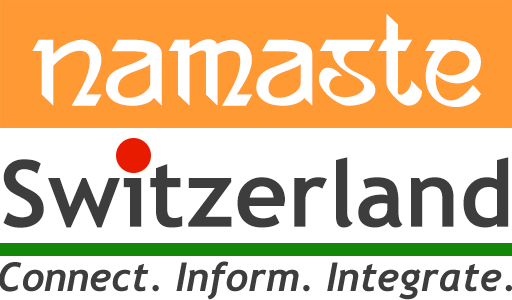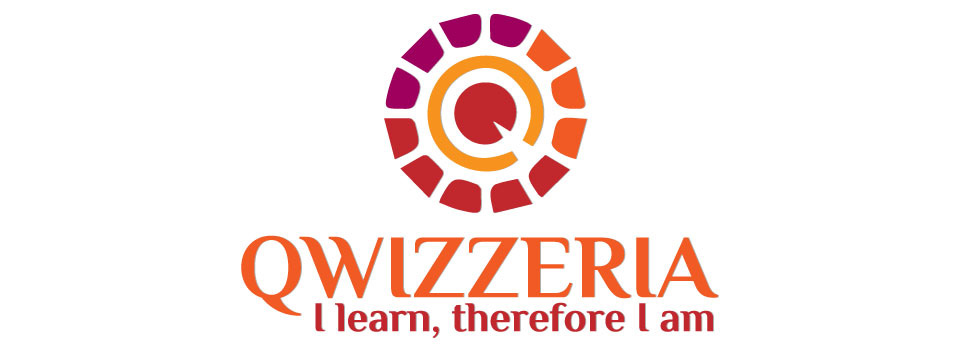Language classes are a nice hub of integration and exchange of thoughts. ‘It’s much more than learning vocabulary, grammar and making sentences.’ says Noopur Shrivastav who recently started learning German. What’s it like to be in a language class, meet new people from different countries? Thinking in your native language but expressing it all in Deutsch! She tells us more!
When you make a new country your home, it’s always good to learn the local language. Switzerland is no exception. This 41,285 square kilometers country has four official languages. There’s German, French Italian, and Romansch depending on which part of the country you are in. It’s difficult to navigate here without the local language. It’s tough to comprehend the announcements in trams and buses and make sense of the labels on products without assistance.
Many language schools across Switzerland teach German, French, Italian, and also the Swiss dialects of the language. They are trained to teach different target groups and the lessons are planned accordingly. They also keep in mind if the students are comfortable in Latin script or not. I live in the German-speaking part of Switzerland and recently joined a language school to learn ‘Hochdeutsch or High German’. Learning the local language is definitely helping me understand the country better, the people and make my everyday life easier.
Our teacher is Swiss. She gives us insights into Swiss culture, values, dos, and don’ts. We learn about Swiss cities, mountains, lakes, the people, food, etiquettes, celebrations, holidays, and the Swiss lifestyle. Interacting with other language learners from different countries, we also get an insight into their culture and values. Our class rules – Say all that you want aber alles auf Deutsch!!
So, it’s become a nice melting pot for cultural exchange. There are many interesting conversations, role plays, and games that make learning the language easier and fun. Here are a few things that I have learnt in my class over the last few months.
Swiss punctuality
Swiss punctuality is well known around the world. Be it trains, trams, buses, shopping or going to meet someone it is all about being punktlich! Few know that Swiss are punctual guests and hosts as well. Five minutes early or late is acceptable, if you are going to be late by 10-15 minutes, you must inform the host. You must respect their time.
Gifting
What do I take as a gift for my host? For the Swiss, it’s wine, cheese, or chocolates! In India, mostly we take along traditional sweets or savory or homemade food. In Pakistan and Sri Lanka also, we found similarities in exchanging gifts. A fellow language learner from New Zealand shared that they usually take candles as a gift for the host. In the Balkan region like Serbia and Turkey, it’s coffee. My classmate beautifully explained that one could take other things along with it like baklawa or chocolates, but coffee is a must.
Drinks
One of our learning sessions included the topic – What would you like to drink? It was a cultural lesson for most of the class. In different cultures and families, the style of hosting is different.
In India it’s chai and wine for many of my European classmates. It was surprising for the lady from the Nordic region when a woman politely gave away the tiny champagne bottle gifted to her by one of her classmates. In her faith alcohol is forbidden. “How can a person decline a drink offered to her?” she asked, baffled! Whereas for most South East Asians it was perfectly normal.
Pets
The Swiss love animals. Almost half of the Swiss households have a pet. They are an important part of the family, so much so that people plan their vacation and routine considering the needs of their pets. Most pets here have their Identity proof, passports, and health insurance cards. It is said that having pets opens you to Swiss society. Many found it weird that pets are not as common in India and most of Southeast Asia.
Holidays and leaves
In Switzerland, employees are entitled to take 20 days leave apart from the holidays. On average, a full-time employee works here for 41.9 hours per week. In certain businesses like in hospitality and medical professions, up to 50 hours of work per week is allowed. These holidays are much higher compared to most of the Asian and American countries, where employees get only 10-15 leaves per year. Most other European countries give their employees 20-30 annual leaves. And the work hours are also well defined and structured.
We learned about each other’s cultures and at the same time practiced German. During our sessions, we all realized that it’s difficult to express ourselves in German as a beginner, but including experiences from our cultures definitely made our learning sessions interesting and interactive.
Disclaimer: Opinions expressed belong solely to the content provider. Namaste Switzerland does not undertake any financial/reputational/legal/misrepresentational impact or other obligations/ liabilities that may arise from the content.












